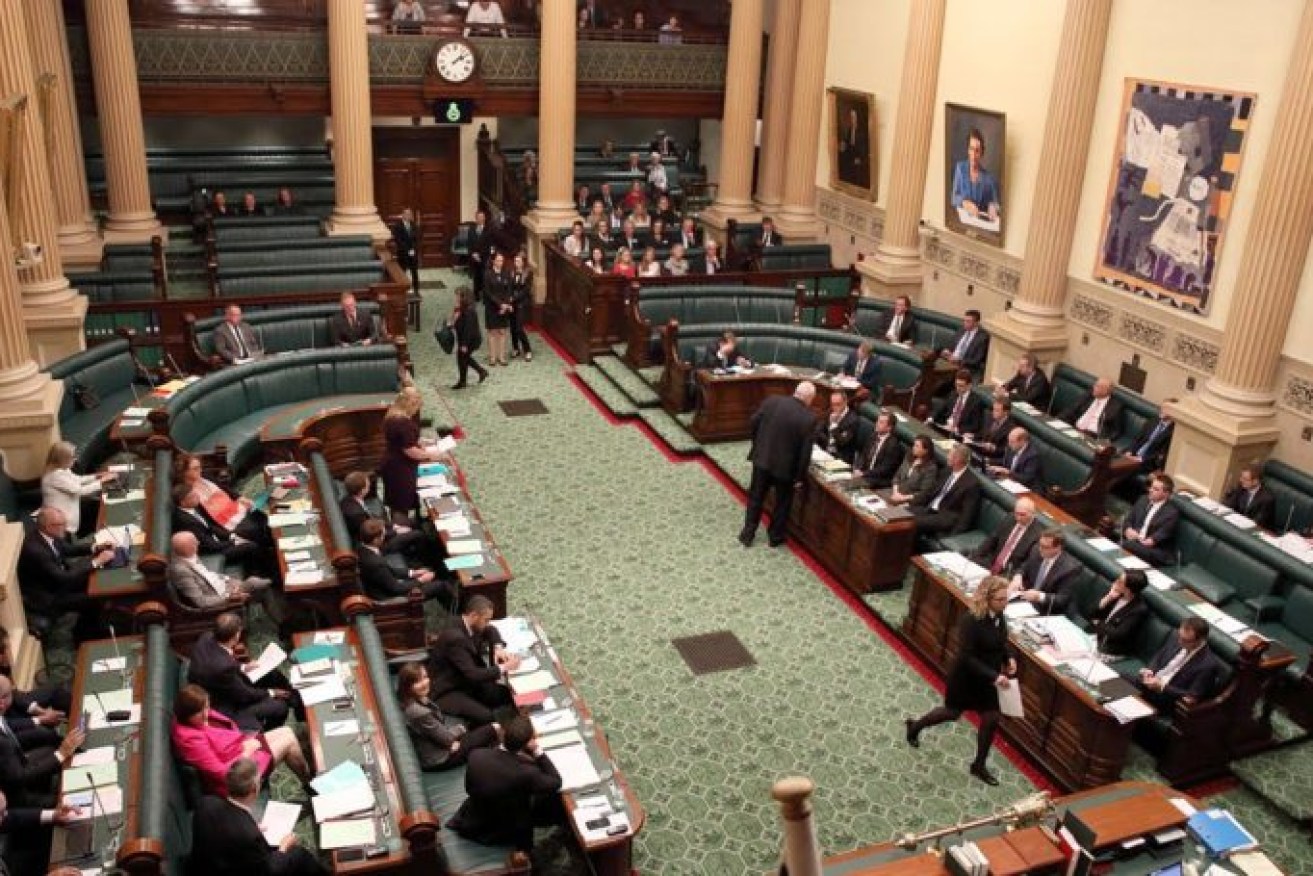Draft SA bill would remove “discriminatory” restriction on surrogacy
Attorney-General Vickie Chapman is seeking public feedback on removing a contentious legal restraint that prohibits single people from becoming parents to surrogate-born children.

Photo: Tony Lewis /InDaily
A draft Surrogacy Bill, released today, would extend lawful surrogacy to single people following a recommendation from the South Australian Law Reform Institute (SALRI) and SA Equal Opportunity Commissioner.
Under current South Australian law, surrogacy is only permitted for parents who are either legally married, in a registered relationship or who have lived together continuously in a “marriage-like” relationship for a period of three years.
But a report into the state’s surrogacy laws, published today by the Law Reform Institute, has labelled the exclusion of single people from surrogacy as “discriminatory”.
“The present restriction on single persons accessing lawful surrogacy is unsound and should be removed,” the report states.
“SALRI was unable to identify any cogent reason for this prohibition and observed that this restriction appeared discriminatory and at odds with the approach of other Australian jurisdictions.”
South Australia is one of only two jurisdictions in Australia where a person’s relationship status can impact their ability to access surrogacy services, the other being the Australian Capital Territory.
SALRI’s report contained testimonials from two single people who had tried to access surrogacy arrangements in South Australia.
One case study described a man whose long-term partner had been diagnosed with terminal breast cancer.
The couple had wanted to start a family and had an agreement with a consenting surrogate to birth their child, but the man’s partner passed away before the surrogate became pregnant.
The man was legally unable to continue the surrogacy arrangement because he was classified as being single.
“J (the name appointed to the man) pointed out the double standards and hypocrisy that if he had passed away and not his wife, she would have been able to access his genetic material and go ahead and form their family, but he cannot,” the report states.
“At 36 he said there was a good chance this could be his last opportunity to have a child.”
Another case study revealed how a woman born without a uterus was prevented from accessing surrogacy services in South Australia because she did not have a partner.
Report co-author Madeleine Thompson said she had heard “very powerful and very emotional” accounts from single people wanting to access surrogacy services in South Australia while undertaking her research.
“We really wanted to highlight that there are some real situations where single people need to access surrogacy for a range of reasons,” she said.
“We heard from surrogate mothers about their profound desire to help childless families. People’s own, sometimes painful, experiences have brought into sharp focus how the current law affects people’s quest for a surrogate mother.
“Single people accessing surrogacy may seem like an abstract idea, but it has really been impacting real people’s lives.”
Thompson said South Australia was “out-of-touch” with the rest of Australia on surrogacy law reform, with other states having amended their legislation at a faster pace.
South Australian Equal Opportunity Commissioner Niki Vincent, who consulted with SALRI for the report, agreed that the current law excluding singles from surrogacy was discriminatory.
She said she welcomed a change to the legislation and would restate her position during the Government’s consultation process.
Chapman said SALRI’s reported highlighted many ethical, legal and complex issues associated with surrogacy and had been used to inform the Government’s draft Surrogacy Bill.
The draft Bill, which is subject to change following community feedback, states “one or more persons” can become surrogate parents to a child.
It has also lifted the legal age of surrogate mothers and intended parents from 18 to 25.
SALRI recommended the age change, stating other Australian jurisdictions had enforced an older age limit “on the basis that intending parents are required to have a degree of maturity to understand and manage the serious implications of a surrogacy arrangement”.
Under the proposed legislation, people wishing to engage in a surrogacy arrangement must attend counselling and be an Australian citizen or permanent resident.
Commercial surrogacy would continue to be unlawful, with the draft Act stipulating a maximum penalty of up to two years in prison for people found to be in breach of the legislation.
Chapman said she had no doubt the draft Bill would draw “strong and conflicting” views during the consultation period, but she said the Government was committed to improving the current laws.




